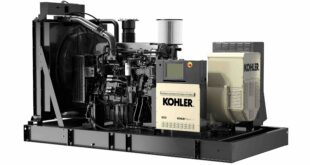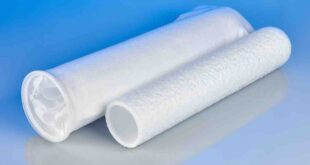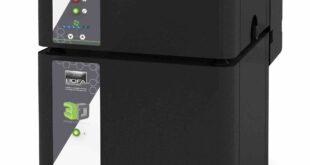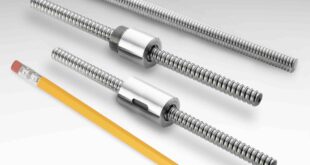The growth in plant-based alternatives is changing how manufacturers produce because traceability become increasingly important as no animal material must come into contact with the plant-based food. Darcy Simonis reports
With the appearance, texture, smell and – according to many hardcore meat lovers – taste of an authentic beef-based burger, Impossible Foods epitomises the rise of plant-based meat alternatives.
More than a mere lentil patty, the US company’s burgers are made using a magic ingredient called heme, allowing them to ‘bleed’ just like the real deal.
With the rise in meat-free diets, how can manufacturers keep pace?
“The only consumer we care about is the hardcore meat lover” – a bold statement for sure, particularly as it is the mantra of Pat Brown, a lifelong vegan and founder of Impossible Foods, not the CEO of a fast food chain.
The plant-based boom
Gone are the days when veganism was considered as little more than a fad. Whether it’s for health reasons, environmental concerns or animal welfare, people across the world are transitioning away from meat.
And the industry is taking note. The plant-based food industry is experiencing tremendous growth, with sales up by 20% in 2019.
Elsewhere, in the UK, products such as Gregg’s much hyped vegan sausage roll have created a fanfare for meat-mimicking foods, and the plant-based market reached £443 million ($563 million) in 2018.
Is it vegan?
The Vegan Society grants manufacturers permission to feature its trademark on products that it has reviewed and certified.
However, this does not promise the complete absence of animal-derived products.
While the logo demonstrates that the product has been made without deliberate use of animal-derived ingredients, the society still allows the precautionary statement that products may contain the presence of ingredients such as milk and egg.
Vegan products cannot be regarded in the same way as milk free and egg free claims. This is because a reference to a lack of animal products does not guarantee that products have been made in a controlled environment designed to specifically prevent cross-contamination and the risk of allergens.
The crux of the matter is that what we see as vegan may not be a safe bet for those with allergies and intolerances.
Yet, veganism is often considered as more than a dietary requirement. Many view it as a ethical choice, and manufacturers must respect their consumers’ lifestyles and make sure their products comply.
Traceability
Responding to the meat-free trend requires robust management systems.
Manufacturers of vegan products need to take every possible measure to mitigate the risk of cross-contamination with animal-derived ingredients. To achieve this security, a traceability ledger is essential.
Let’s say a vegan hamburger chain buys its buns from a manufacturer using blockchain.
The supplier uses blockchain to make the public assertion that its buns are vegan-friendly, while the restaurant posts a smart contract onto the blockchain that is programmed to identify non-vegan products.
The manufacturer privately exposes its list of ingredients to the restaurant chain’s smart contract to certify its ingredients and ensure that the restaurant is delivering on its promise of completely vegan meals.
The restaurant can assure its customers that the buns meet their requirements, and the manufacturer can ensure solid business relationships by proving that it delivers on its promises.
ABB’s Manufacturing Operations Management (MOM) suite provides the backbone for optimised visibility and synchronisation of end-to-end processes, from raw material to the finished product.
The software provides any individual, from operators and production engineers to materials handling and plant managers, with real-time data on a product’s status as it moves along the supply chain.
A number of companies are choosing to fake it ‘til they make it and create products that seamlessly substitute animal products.
Impossible Foods has even partnered with Burger King, and the meat-free version of its iconic Whopper burger is set to be rolled out in restaurants across the US.
While many of us are cutting animal products from our diets, it is vital the manufacturers adapt and work closely with their customers to develop a transparent, secure and efficient process.
Darcy Simonis is industry network leader for ABB’s food and beverage segment.
 Engineer News Network The ultimate online news and information resource for today’s engineer
Engineer News Network The ultimate online news and information resource for today’s engineer





